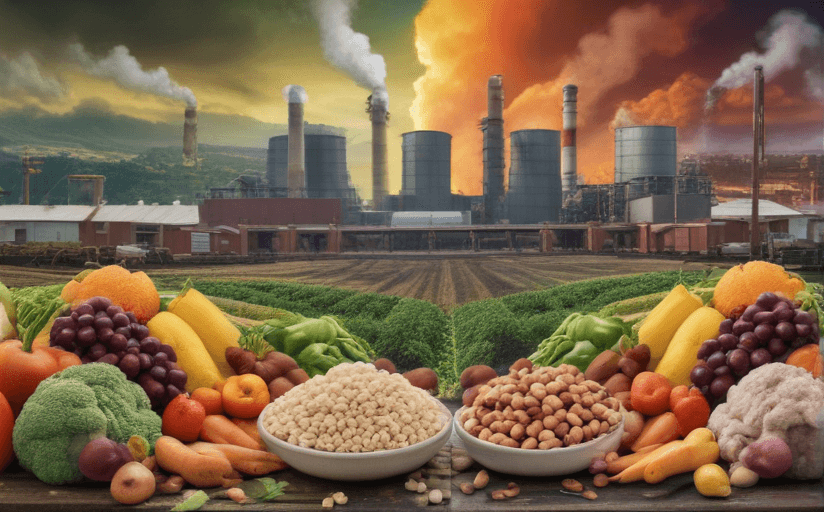Veganism and Environmental Sustainability: An In-depth Analysis
In the quest to lessen the burden on our planet, a shift towards more sustainable lifestyles has become imperative. One such change being increasingly adopted is veganism—a dietary choice that avoids the consumption of all animal products. Not only does this align with ethical treatment of animals and health benefits, but it can also play a pivotal role in enhancing environmental sustainability.
Environmental Benefits of Plant-Based Diet
There are multiple benefits to switching to a plant-based diet from an environmental perspective, which significantly contribute to sustainability.
Reducing Greenhouse Gases
Research indicates that livestock farming is responsible for up to 14.5% of global greenhouse gas emissions, comprising of methane, carbon dioxide and nitrous oxide. A global shift towards a vegan diet could potentially cut these emissions by 70% by 2050, according to a study published in the Proceedings of the National Academy of Sciences.
Conserving Water
Animal agriculture demands significant water inputs—far more than what is necessary for growing crops. It is estimated that the water footprint of a meat-eater is approximately 100-200% higher than that of a vegan, as the water required for meat production ranges from 5,000 to 20,000 litres per kg, compared to just 500-4,000 liters per kg for most crops, according to Water Footprint Network.
Minimizing Land Use
Agriculture occupies nearly half of the world’s habitable land, with 77% of this dedicated to livestock either as grazing land or for producing feed. However, it only provides 18% of calories consumed globally. Conversely, crops that directly feed humans utilize less than a quarter of farming land but provide 83% of our calorie intake. A dietary shift to veganism could thus potentially free up millions of square kilometers of land, as reported in a study by the University of Oxford.
The Challenges and Intersection with Sustainable Farming
While the environmental benefits of veganism are remarkable, transitioning to this lifestyle isn't without its challenges. Nutrient deficiencies, particularly protein, iron, and vitamin B12, invariably need to be addressed, often necessitating supplements or careful diet planning.
Sustainable farming, which emphasizes crop diversity and rotation, integrated pest management, and soil conservation, often incorporates animals in the farming system to enhance nutrient cycling and soil health. Thus, a vegan world might exclude these vital farming methodologies, posing potential challenges to the sustainability efforts.
More Environmentally Friendly Dietary Choices
While veganism presents an impactful solution, it's important to remember that the goal is environmental protection. Reduction of meat consumption, incorporation of locally sourced foods, and minimizing food waste are also vital steps towards lower environmental impacts. The key lies in mindful consumption and a balanced approach to dietary choices—to nurture our planet as we nurture ourselves.


















Comments
Leave a Comment